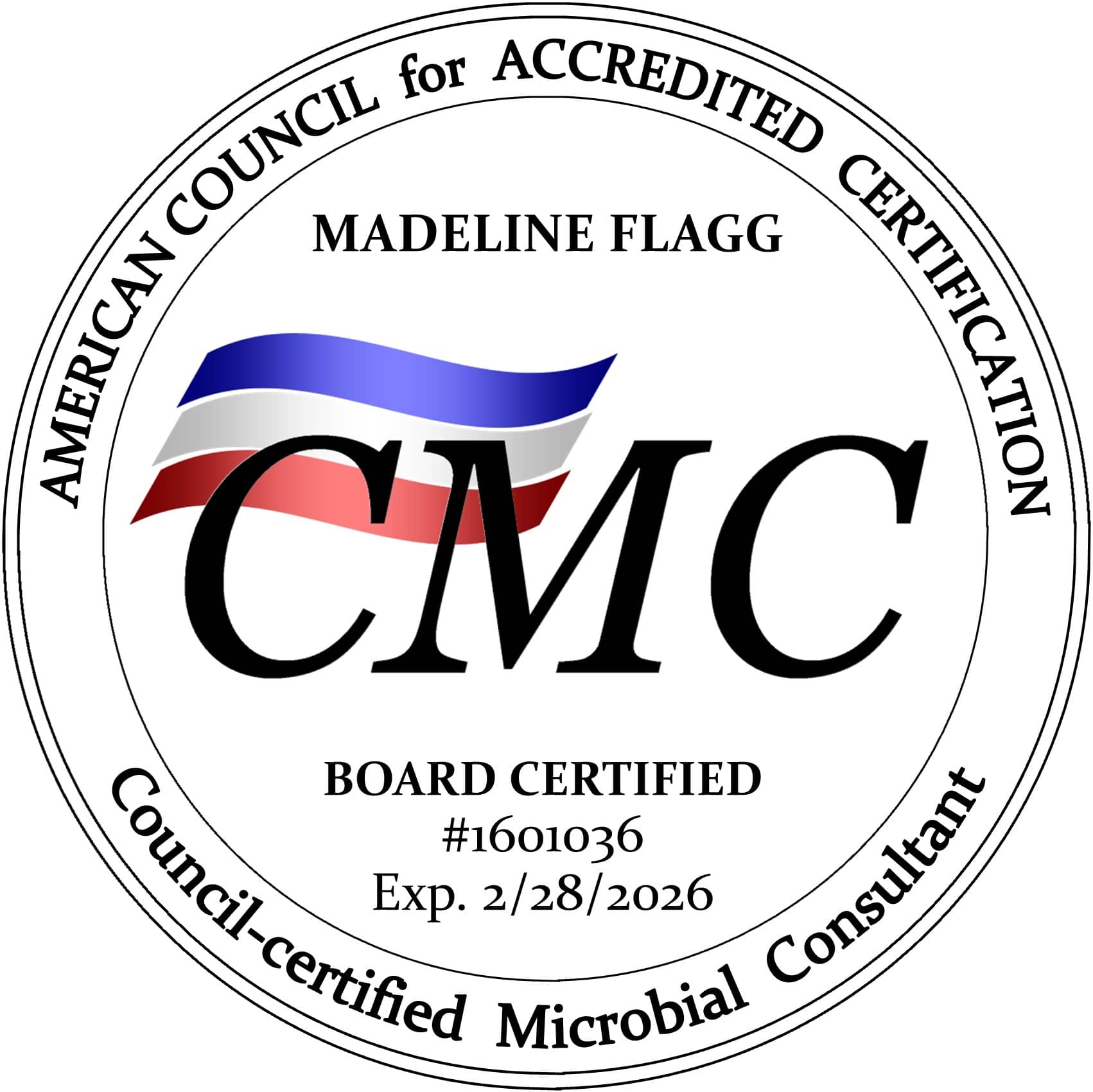
We know that mold exposure can bring on asthmatic symptoms in otherwise healthy individuals and can trigger asthma attacks in people that suffer from asthma or a weakened immune system. However, new research has highlighted a possible link between mold exposure and Parkinson’s disease. A recent study conducted in 20131 by researchers from Emory and RutgersUniversities and released in the Proceedings of the National Academy of Sciences suggests that a chemical found in mold may elicit symptoms that are similar to those brought on by Parkinson’s disease.
The Research
Parkinson’s disease is a debilitating, progressive, degenerative neurological disorder with no cure. It is characterized by symptoms such as tremor, rigid muscles and slow, imprecise movement. It occurs when nerve cells in certain areas of the brain die, leading to significant drops in levels of the neurotransmitter dopamine. Joan Bennett, a co-author of the study, became interested in the health effects of mold after her home was flooded by Hurricane Katrina. She began experiencing symptoms such as dizziness, headaches, and nausea after her home became littered with mold. Researching samples from her home, Bennett began to suspect the chemical 1-octen-3, otherwise referred to as mushroom alcohol, to be particularly hazardous.
In their study, researchers exposed fruit flies to mushroom alcohol and then studied changes in their brains to see if there’d be any evidence of lower dopamine levels. They found that mushroom alcohol directly killed dopamine-transmitting cells in the flies’ brains, which lead to substantially decreased levels of dopamine. The changes seen in the fruit flies’ brains mirrored those of human patients suffering from Parkinson’s disease.
The researchers wrote that, “These findings are of particular interest given recent epidemiological studies that have raised the concern of neuropsychological impairments and movement disorders in human populations exposed to mold and water-damaged buildings.”1
It is data like this that reinforces the importance of mold testing in MA and NH. Living and working in healthy environments is an essential right of everyone. While the potentially hazardous effects of mold exposure are becoming more widely known, it is vitally important that you do all in your power to ensure that you, your family, and co-workers are living and working in safe indoor environments.
If you’re interested in mold testing in MA or NH, contact us at 888-291-3793 or 603-886-0345.
1) Arati A. Inamdar, Muhammad M. Hossain, Alison I. Bernstein, Gary W. Miller, Jason R. Richardson, and Joan Wennstrom Bennett Fungal-derived semiochemical 1-octen-3-ol disrupts dopamine packaging and causes neurodegenerationPNAS 2013 110 (48) 19561-19566; published ahead of print November 11, 2013,doi:10.1073/pnas.1318830110



